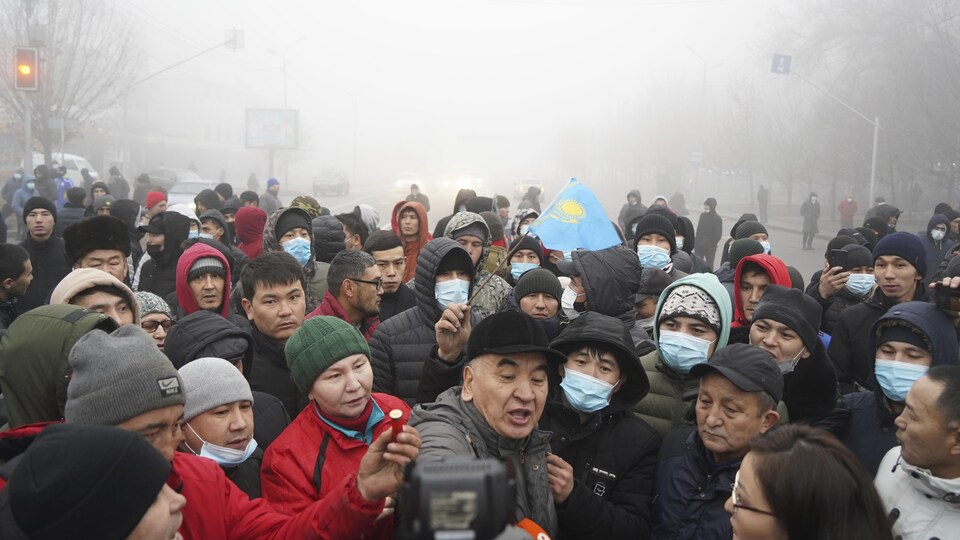Kazakhstan’s President, Kassym-Jomart Tokayev, called on Friday for a referendum on constitutional reforms aimed at establishing a “second republic”, after riots and deadly demonstrations rocked the country in January.
Mr. Tokayev, who was once considered a staunch supporter of the country’s former strongman, the octogenarian Nursultan Nazarbayev, has strengthened his position at his expense since the severe political crisis at the beginning of the year, in which more than 200 people died.
Mr. Tokayev considers that the reforms he wants to pass, aimed at giving more weight to parliament, weaken the executive and reverse the status that Mr. Nazarbayev still enjoys, will lead to the establishment of a second republic and therefore make it necessary to hold a referendum.
The referendum will allow every citizen to directly participate in the decision on the future of the country and […] in the formation of a new Kazakhstanhe said, without mentioning the date for the vote.
About one-third of the Constitution can be amended for the purpose of making a presidential republic with strong parliamentrather than a state super-presidential, he pleaded. However, many critics doubt that the authoritarian system put in place by Mr. Nazarbayev is really changing.
Mr. also promised. Tokayev to respect the law that currently prohibits presidents from serving more than two terms, unlike Mr. Nazarbayev who did not follow this rule.
More than 200 people were killed in early January in violently suppressed riots and demonstrations, with the help of Russian troops who arrived as reinforcements. These turmoil has sparked speculation about a possible dispute between the former president, who has ruled Kazakhstan since 1990, and his successor, who succeeded him in 2019.
The two men deny any dispute, but relatives of the former president have lost lucrative or powerful positions following recent reshuffles.
Lower house spokesman Yerlan Kochanov said this week that Mr Nazarbayev would lose the privilege as head of state if constitutional changes are adopted.
Source: Radio-Canada
